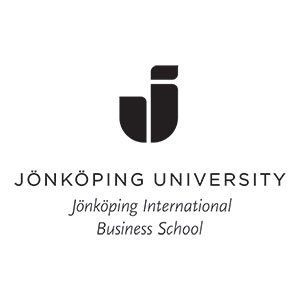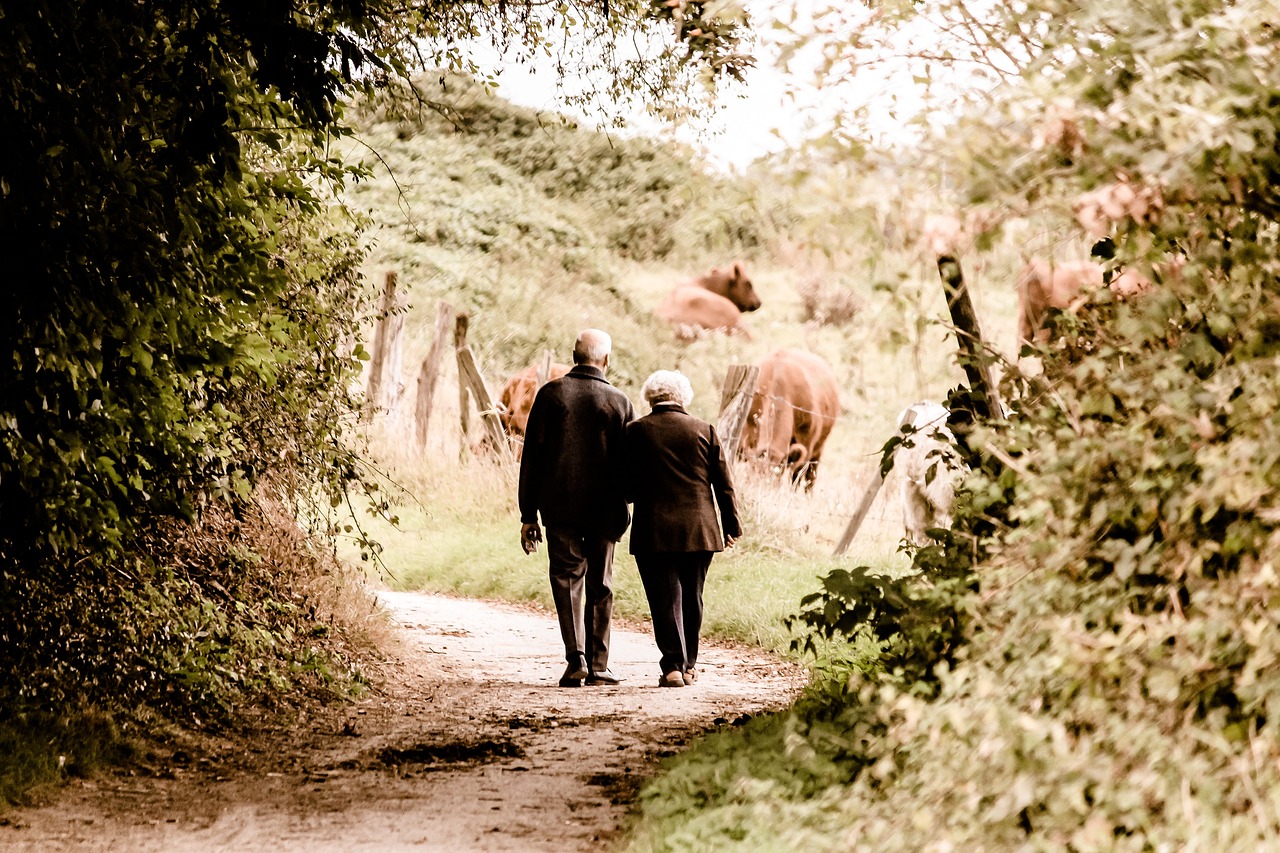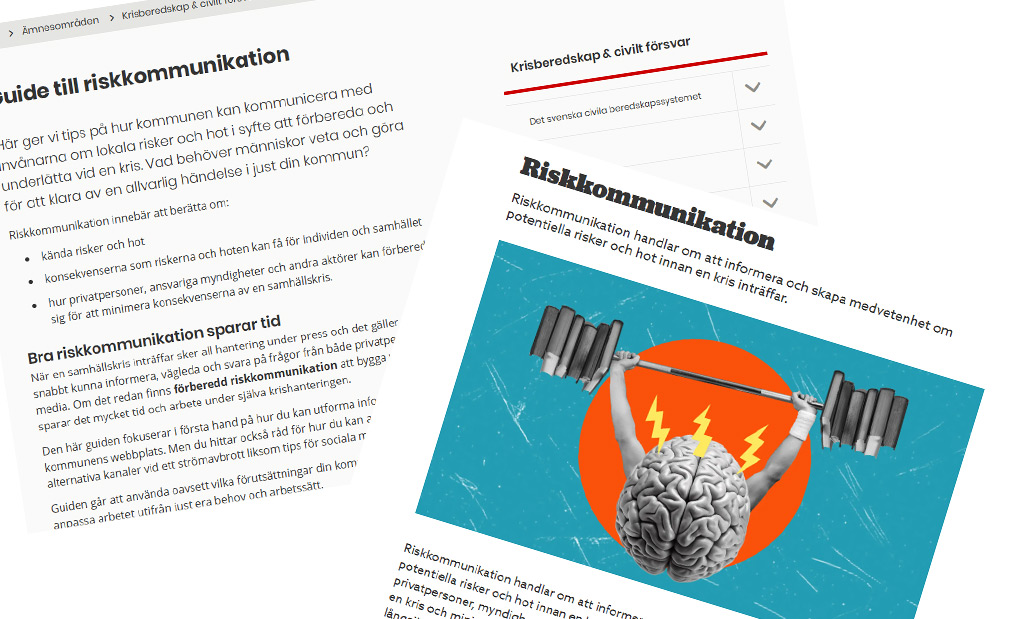RIME – Refugee Inclusion Moves Europe
“We were scared. Me and my husband cannot swim, we were afraid of the water. I’d never thought about this, but we told ourselves we had to do it, to give a better future to our children. We said that we should either live together or we should die together.”
Rodin, Syrian refugee living in Sweden

Photo: Pexels
In the past 20 years, humanity has experienced significant migration flows, induced by wars, colonialism, security threats, lack of opportunities, environmental degradation. Migrants are likely to hold on traumas caused by loss of beloved ones, wars, physical tortures, and hunger. Those who successfully reach the host countries have to adapt to a new culture, learn a new language, deal with bureaucracy and sometimes discriminations without sufficient support. [1] Through the 17 Sustainable Development Goals, 193 countries have committed to, collaboratively, reach more peaceful, prosperous and equanimous societies for present and future generations by 2030. [2] Each signatory country holds a responsibility to meet these goals hence to foster inclusive societies.
Despite this commitment, by 2050, 1 billion people are at risk of displacement due to climate change’s exacerbation of ecological disasters like flooding, droughts, pandemics and rise in temperature. Several of the most affected countries are also among the 40 least peaceful countries in the world. These include Afghanistan, Syria, Iraq, Chad, India, and Pakistan. A lack of infrastructures and preparedness of these countries are likely to enhance the impact on people’s wellbeing. [3] The current fluctuations in climate have been identified to be anthropological in nature. These are caused by the unprecedented Co2 emissions of human activities predominantly in the developed parts of the world and yet the least responsible countries are the ones most affected by the correlated natural disasters. [1]
These forecasts are a serious threat to global equity and peacefulness, considering that the Covid-19 pandemic is expected to enhance resource depletion, economic and political instability, particularly in most vulnerable contexts. The need for prevention, resilience, and for climate-related aid is pivotal in order to mitigate this crisis. [3]
Additionally, great pressure on the rest of the world will arise due to mass displacements. Among others, European countries have a moral responsibility to be prepared and to welcome refugees in the best possible manner. Learning from past experiences, when the Syrian refugee crisis led to rise in hostilities towards refugees and in extreme nationalism, counties have to shift towards more inclusive societies. [3]
Cooperation among and within nations is required to effectively address migration. Disseminating the reasons behind migration flows, fostering inclusive and adaptive societies, supporting migrants’ education and decent work employability are all elements which enhance migrants' integration and host communities’ inclusiveness. [1] With this in mind, many questions on how to support refugees adequately and how to foster inclusive and adaptive society arise.
REFUGEE INCLUSION MOVES EUROPE – RIME, is a European project financed by Erasmus+. It aims at developing tools and trainers’ competences to support and include refugees in the European context. Through a 30-months span, Jönköping University is partnering up with the COS Alexandre Glasberg Foundation (France), Le LABA (France), University of Bordeaux (France), Hal Far Outreach (Malta), VisMedNet (Malta), Lai-momo (Italy) and EDRA (Greece).
Through 2020-2022, the partners will carry out:
- A methodological matrix for the creation of a refugee guide that can be adapted in all European countries
- A comic strip database designed to promote the pedagogy of learning for refugees and to support the expression of refugees who are allophones or who speak few national languages.
- Two certified training courses dedicated to the development of mentoring to strengthen inclusion processes in urban and rural areas.
Jönköping University oversees a transferable training which seeks to educate upon the interconnected nature of humanities’ challenges and to train experts working with migrants on skills and qualities needed to address these challenges.
Jönköping University is working with researchers, local practitioners, refugees, and NGOs to deliver a relevant and unique training on inclusion. The training includes 6-8 teaching modules, 10 visual modules and a Pedagogical Guide.
If you are a researcher, student, employee of the private/public/non-governmental sector with an interest for inclusive and sustainable societies and you would like to actively contribute to RIME, contact us at: guenola.nonet@ju.se
References:
[1] Leona M. &Mayo, P. 2019. Lifelong learning challenges: Responding to migration and the Sustainable Development Goals. Dordrecht: Springer Science and Business Media LLC
[2] UN, 2015. Sustainable Development Goals Officially Adopted by 193 Countries http://www.un.org.cn/info/6/620.html
[3] Institute for Economics and Peace, 2020. Ecological Threat Register: Understanding Ecological Threats, Resilience and Peace. Available from: http://visionofhumanity.org/reports
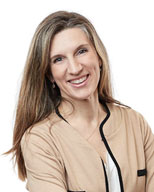
Guénola Abord-Hugon Nonet https://www.linkedin.com/in/gueno/
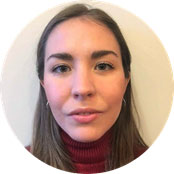
Martina Leonelli https://www.linkedin.com/in/martina-leonelli/
----
The following organisations are participating in the RIME project together with JU: COS Alexandre Glasberg Foundation (France), Le LABA (France), University of Bordeaux (France), Hal Far Outreach (Malta), VisMedNet (Malta), Lai-momo (Italy) and EDRA (Greece).
The project is finance by Erasmus +

Detta är en bloggtext. Det är skribenten som står för åsikterna som förs fram i texten, inte Jönköping University.


